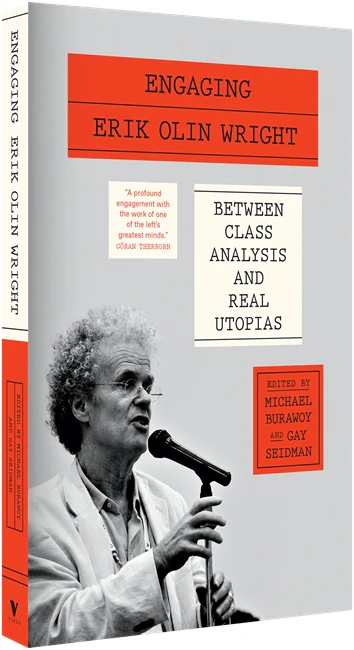40 years ago today the Daily Mail carried a front page picture of police officers carrying me away from a Miners Strike rally in Whitehall. I mightn’t have known, but a friend of my sister’s told her, having recognized me, with glee, when her dad picked the paper up at the breakfast table. (I never found out what her Daily Mail-reading parents thought when their daughter squealed “That’s Harry”). There was another picture, more recognizable still, inside.
February 24th had been the final national demonstration of support for the 1984-5 Miners’ Strike. We all knew that, after almost a full year, the strike was about to end in a humiliating defeat. And so, more to the point, did the police officers, who had been given remarkable license to engage in thuggery in the mining communities, and had been very well paid for it. Our view at the time was that they knew that the fun would end, by and large, when the strike did, so the Feb 24th rally was a sort of last hurrah for them. The incident that had led to my arrest felt sinister at the time, but of course was unremarkable. Police officers had guided a (very) small section of the (huge) demonstration into a sort of alcove on Whitehall, and just gone for us, knocking people to the ground, pulling them around, kicking them, arresting whomever they felt like arresting (I was knocked down with a very impressive and deliberate body slam, hitting my head on the pavement with, presumably, no serious damage). The arrestees shared the van with the arresting officers. We were on the floor, and subject to regular kickings, while the police officers decided what to accuse each of us with, and who would be witness for whom (you needed two police witnesses for a conviction).[1] Indicating me, my arresting officer (a Londoner called Neil, with a Scottish last name I won’t mention for discretion’s sake) said “He was about to throw a glass bottle full of liquid with a lit rag in it. Who else saw that?”, and another officer volunteered to have ‘seen’ it.
Being processed in Bow Street Police Station was fine – no more physical violence – but being shut in a small, Victorian, cell, which was overheated, and having had no food or water for many hours, was actually quite unnerving. Still more unnerving was when another arrestee joined me, who might have been an actual violent criminal! (In fact, he was). I was released around 3 am, so couldn’t get public transport home, but knocked up my friend Adrian in Theobalds Road. I attended my philosophy of language tutorial with Mark Sainsbury as usual the next morning at 10 am.
At the trial, many months later, the two police officers told inconsistent lies which my solicitor frankly wasn’t smart enough to exploit. The three magistrates, though, knew perfectly well I hadn’t done what I was accused of, but convicted anyway (Adrian paid the fine on the spot, and my Great Uncle Dewi sent me a cheque for the amount, along with a card signed by the whole family telling me how proud they were of me). (For more, see the link about Adrian).
My dad knew a few senior Met officers from his time at ILEA, one of whom had recently observed to him after a phone conversation that his, my dad’s, home telephone was being tapped, (At ILEA he had liaised with the police around many issues, including the time that the National Front (overt Nazis) sued him for not allowing them to use school buildings for their meetings). Without my knowledge he complained to the Met, resulting in a visit to my lodgings by an internal investigation officer (I didn’t have a phone, so he just turned up out of the blue, without an appointment. Those were the days!). The officer was delightful and either believed me that I’d been mistreated or was a brilliant actor. Either way, he drew me to the sensible conclusion that nothing was to be done about it.
Last September I took an Uber from my home to the Madison airport.


